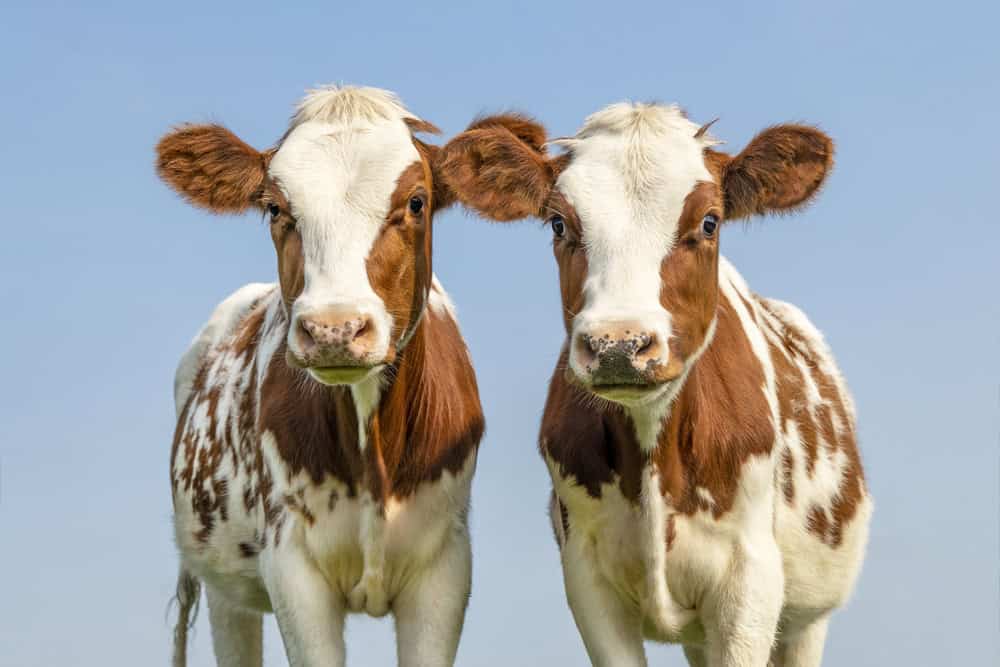As climate change reshapes the agricultural landscape, scientists have developed genetically engineered cows that could revolutionize dairy farming. By merging the high milk output of Holstein and Jersey cows with the resilience of tropical Gyr cattle, these new hybrids are designed to withstand extreme heat, drought, and diseases. This groundbreaking innovation not only addresses environmental challenges but also holds promise for food security, particularly in regions most affected by climate change. Could this be the future of sustainable livestock farming?
Understanding the Challenges of Traditional Cattle
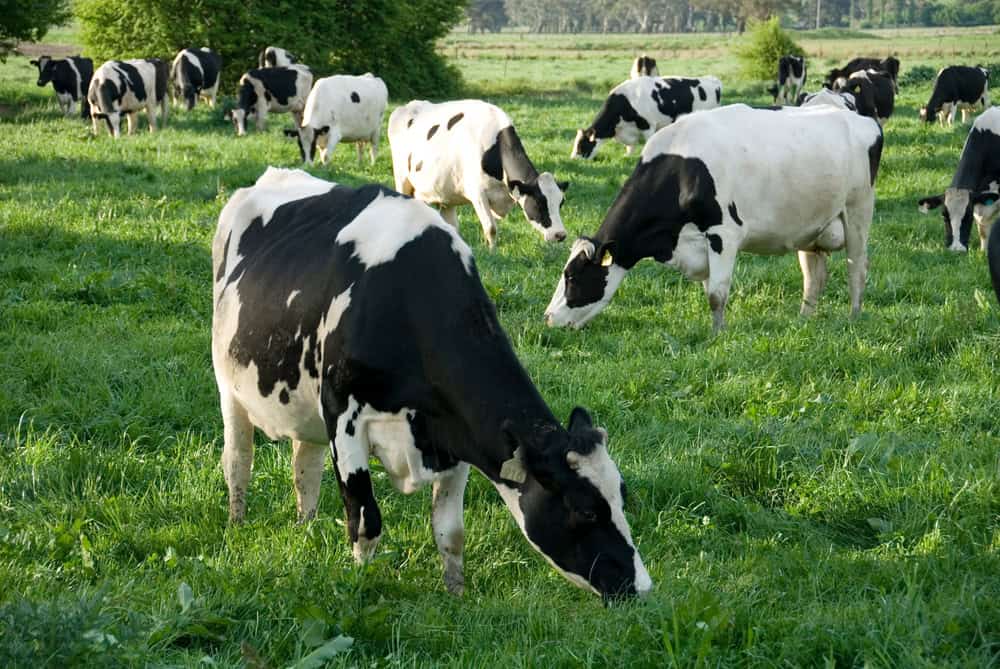
Traditional dairy and beef cattle contribute to greenhouse gas emissions, deforestation, and high carbon footprints, making them unsustainable in a warming world.
A Breakthrough in Climate-Resilient Agriculture
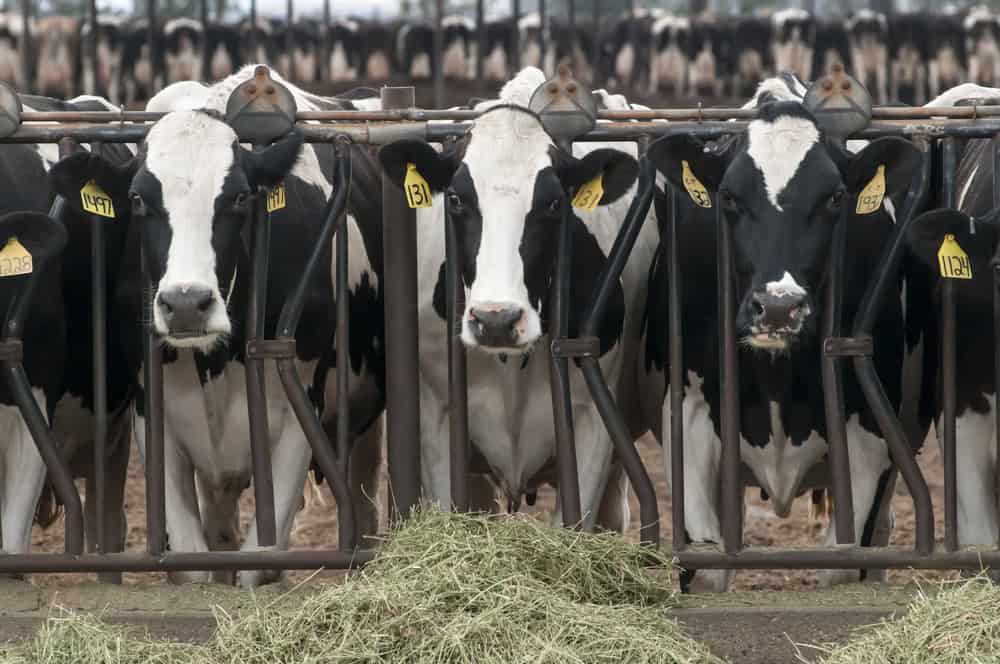
Scientists have created genetically engineered cows combining the milk production of Holsteins and Jerseys with the heat and drought resistance of Gyr breeds.
Remarkable Milk Output

These engineered cows can produce 10 to 20 times more milk than indigenous breeds, a game-changer for global food security.
Why Tanzania?
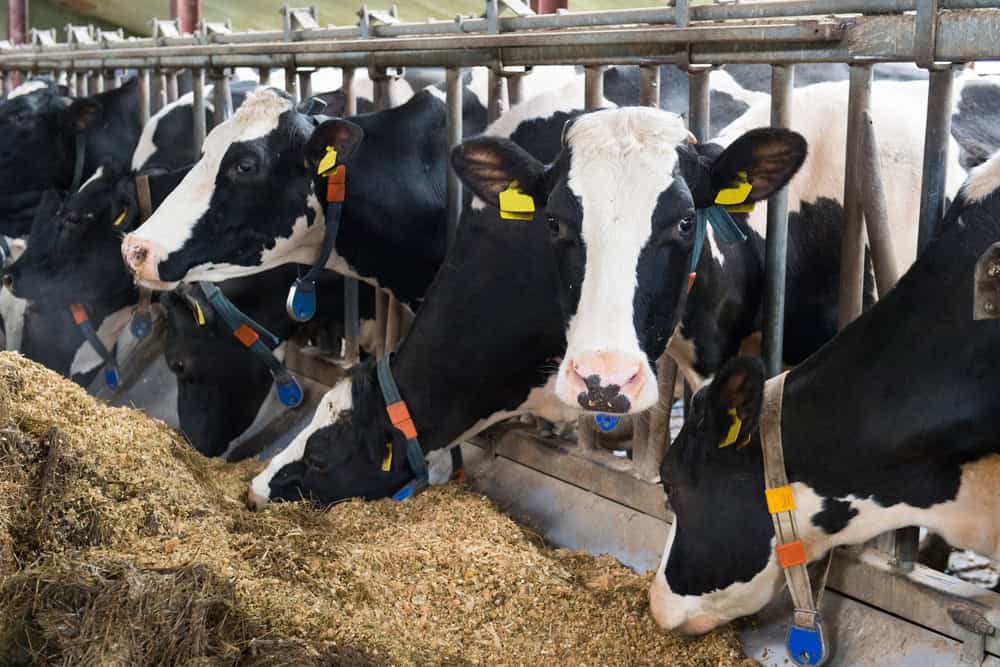
The first 100 embryos will be implanted in Tanzanian cattle, with the goal of creating a generation of locally adapted, high-performing cows.
Challenges in Preserving Genetic Traits

Scientists aim to lock in desired traits like disease resistance and high milk yield to ensure long-term benefits across generations.
Cultural Sensitivities in Livestock Breeding

Adjustments to meet Maasai herdsmen’s preferences highlight the importance of cultural collaboration in agricultural innovation.
The Role of Indigenous Gyr Cattle

The Gyr breed contributes resistance to tropical diseases, making the hybrids adaptable to harsh climates.
Applications Beyond Africa
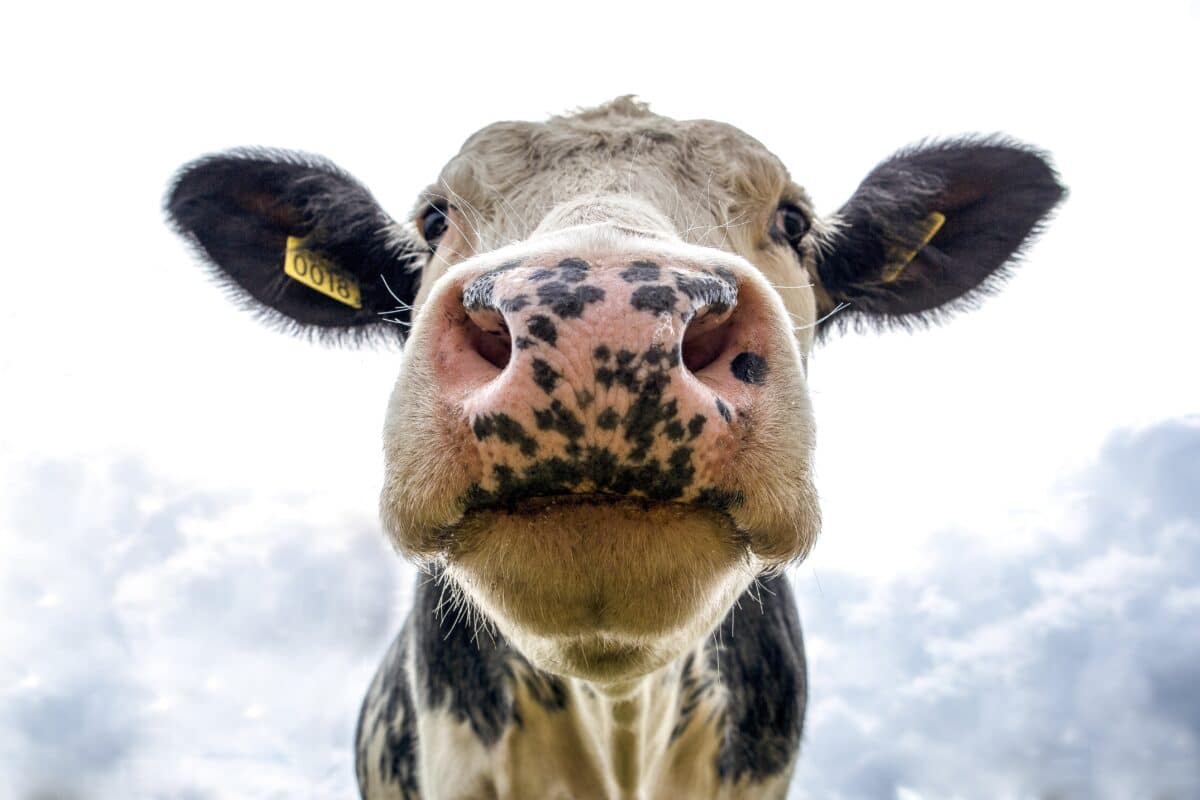
These climate-smart cows could benefit farmers in Mexico, Texas, and California, where extreme weather conditions are becoming common.
Combating Food Insecurity in the Global South
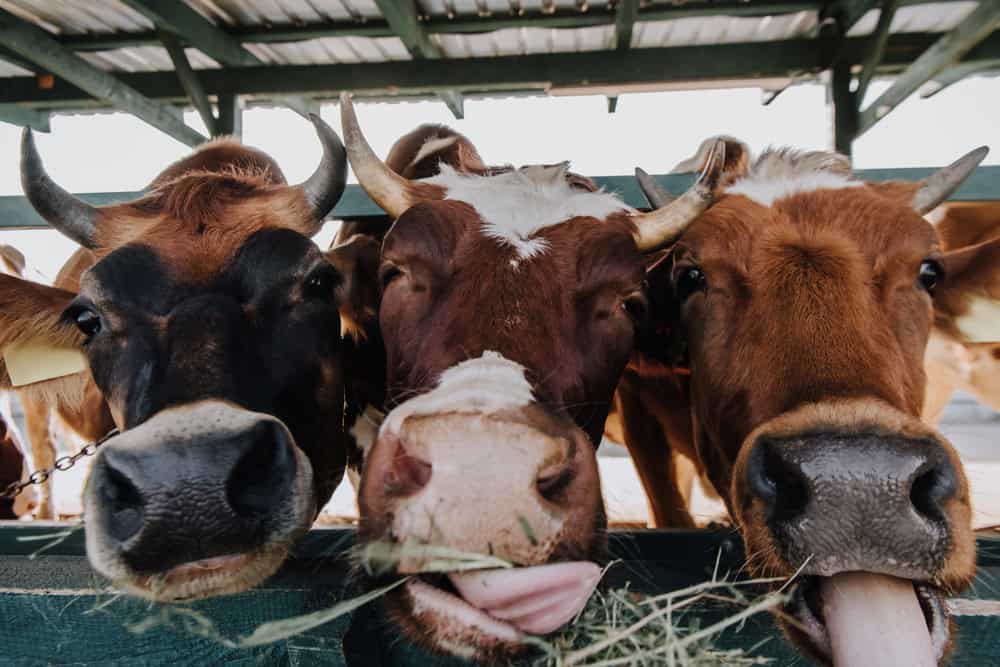
In regions most affected by climate change, these cows could significantly enhance food production and economic stability.
A Vision for the Future of Cattle Farming

Matt Wheeler and his team believe tropical genetics will soon play a critical role in sustainable agriculture worldwide.
Overcoming Skepticism Around Genetic Modification

The project balances innovation with ethical considerations, ensuring benefits outweigh concerns about genetically modified organisms.
A Step Toward Sustainable Food Systems
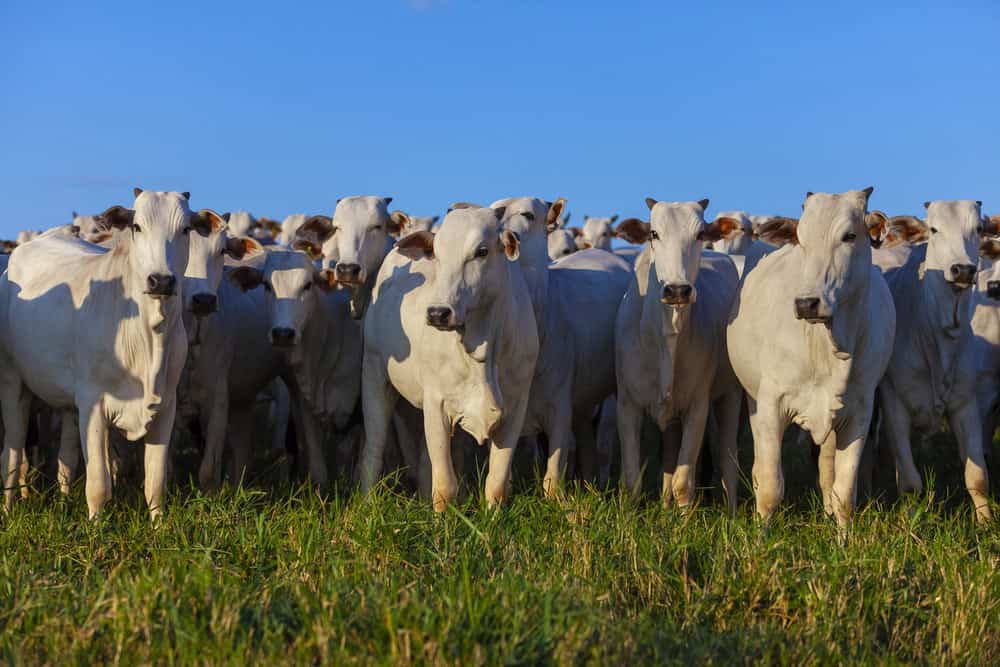
By merging science, culture, and sustainability, these cows represent a bold leap forward in creating climate-resilient food production systems.
- The Secrets of the Adorable Baby Squirrels - August 13, 2025
- Dog Owner Set Up a Nanny Cam After Noise Complaints – Watch What Unfolded - August 13, 2025
- Watch: Golden Retriever Meets Tiny Kitten for the First Time - August 13, 2025

